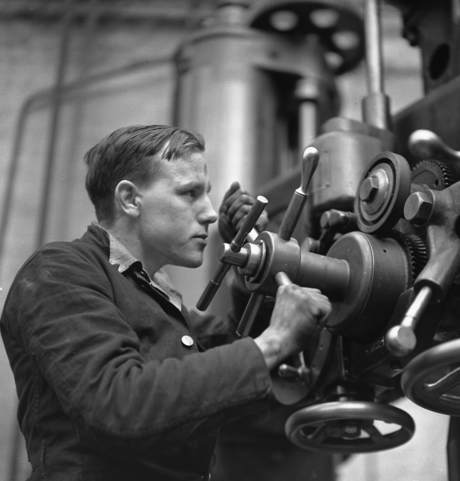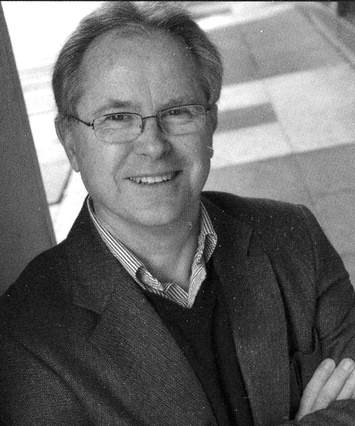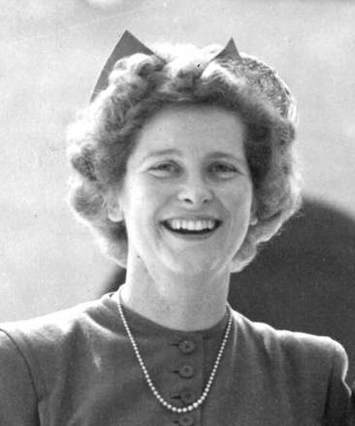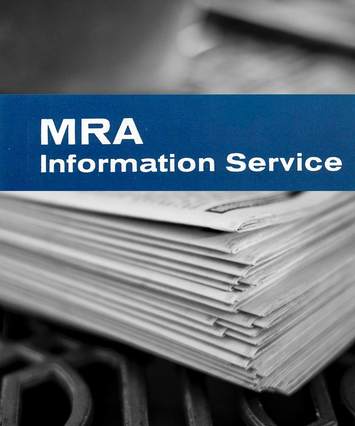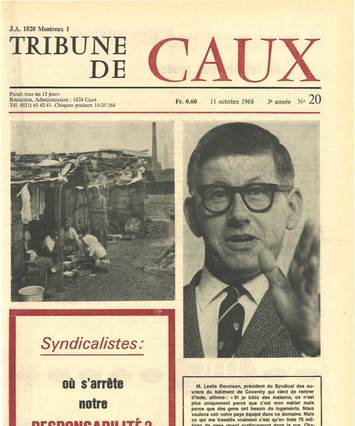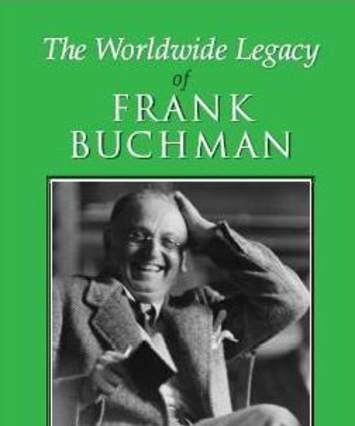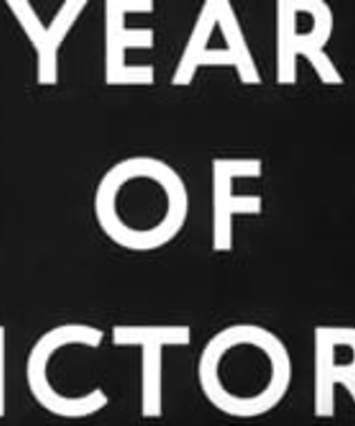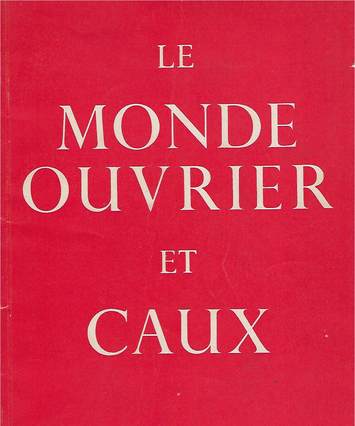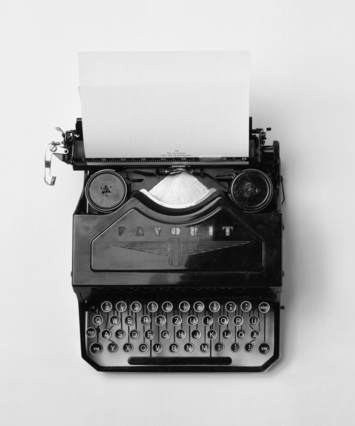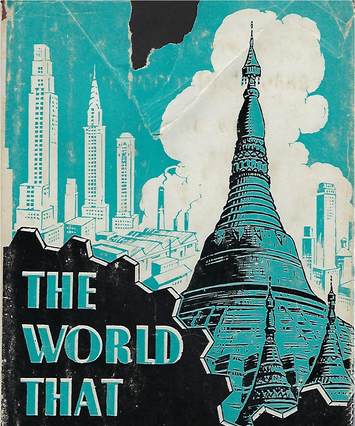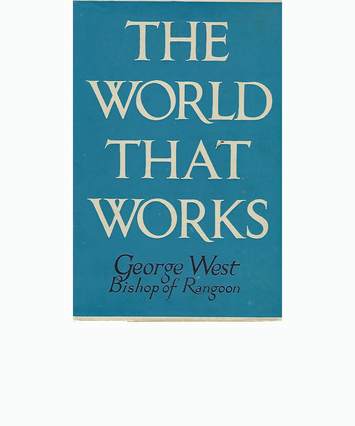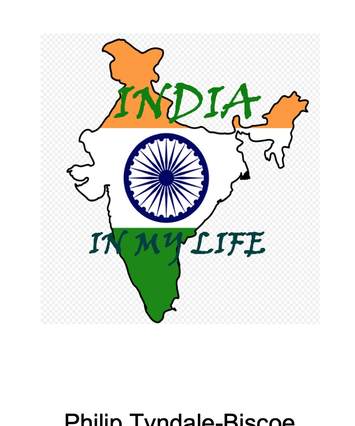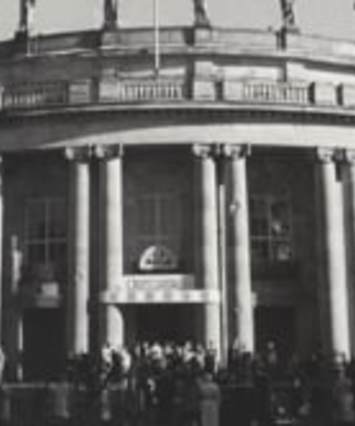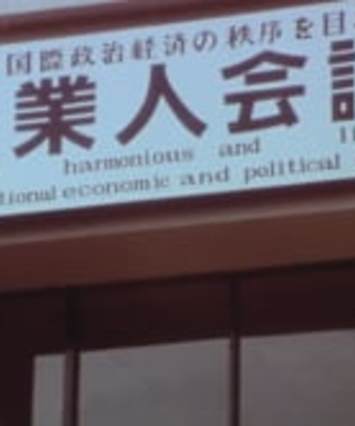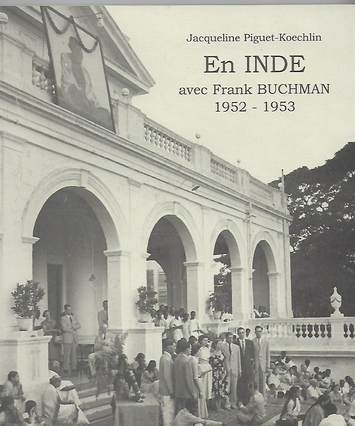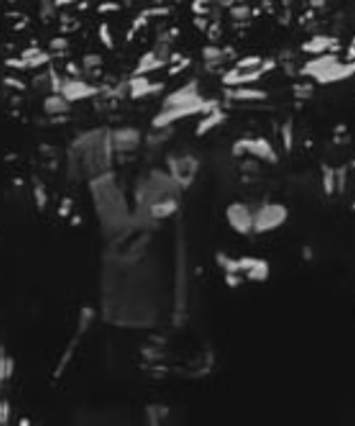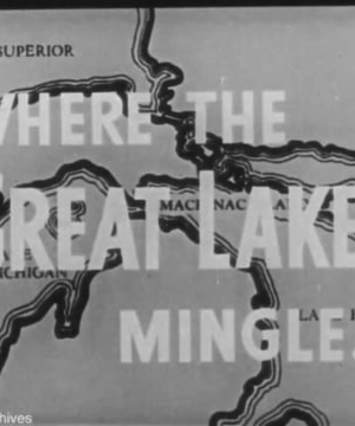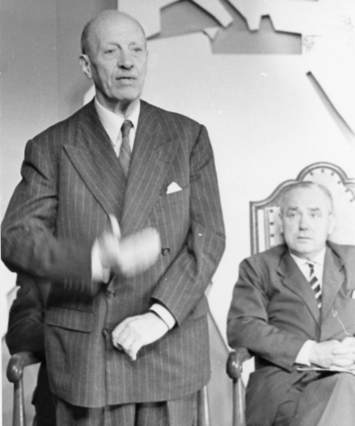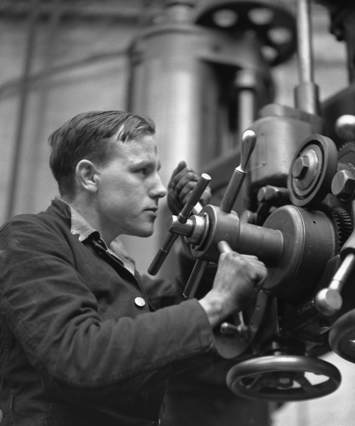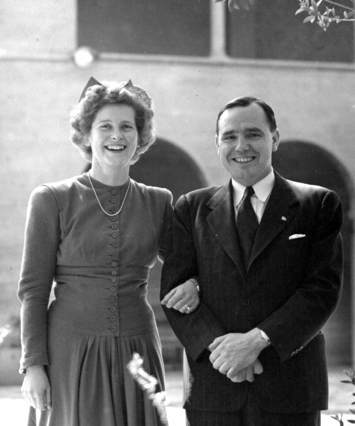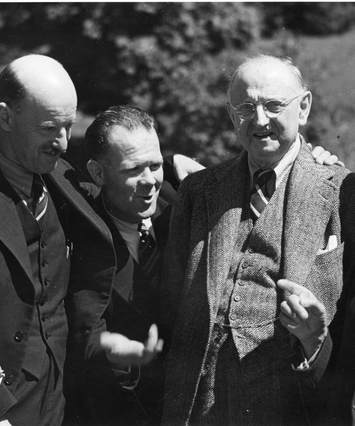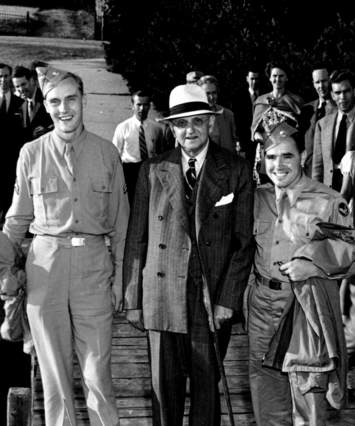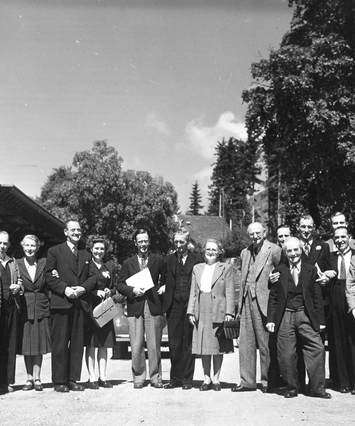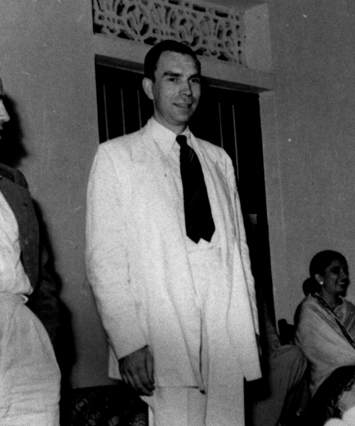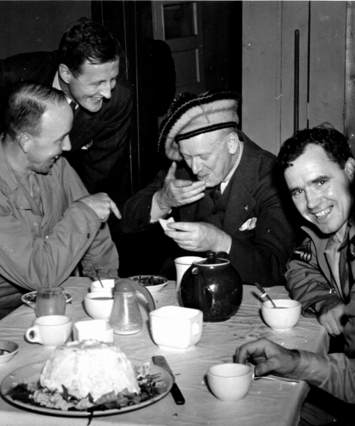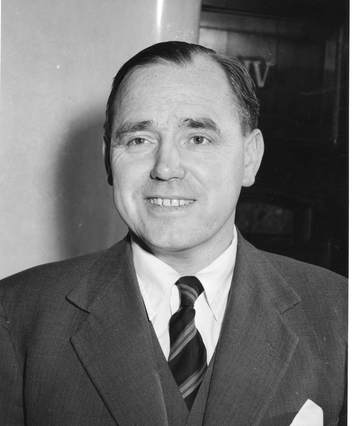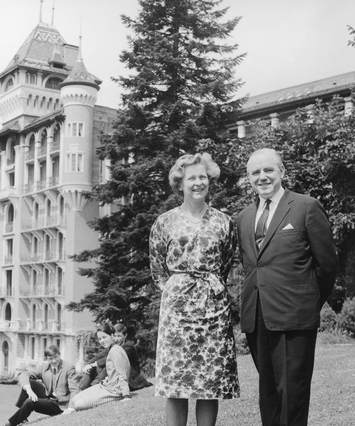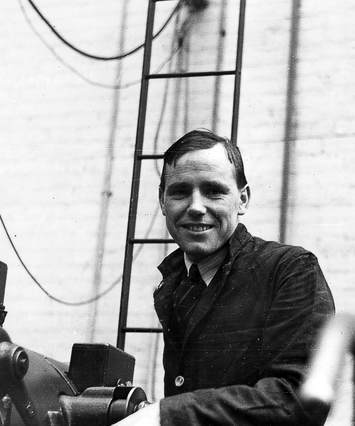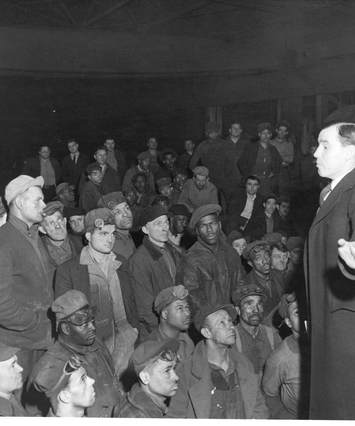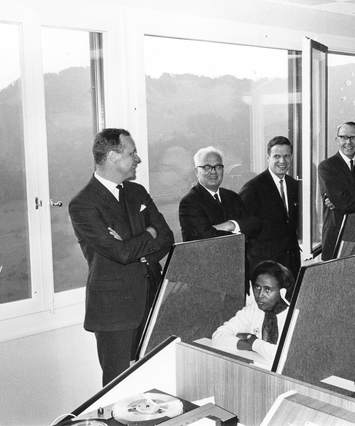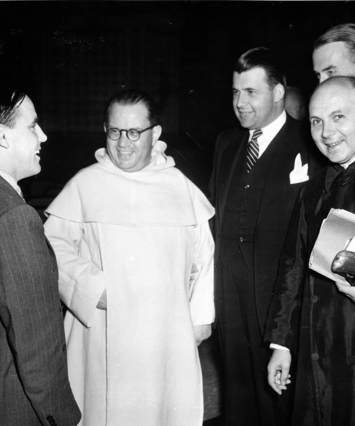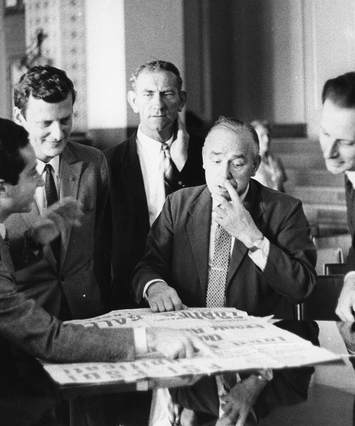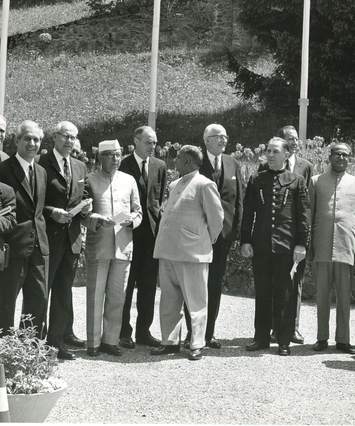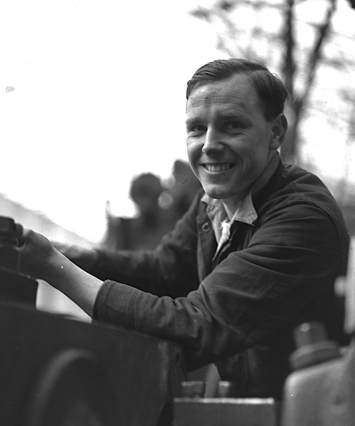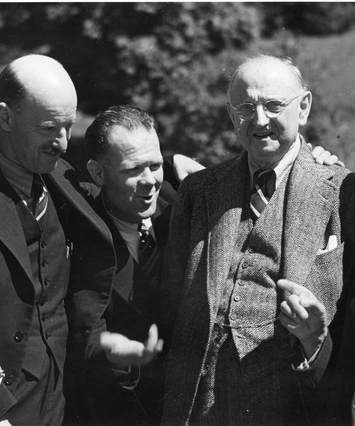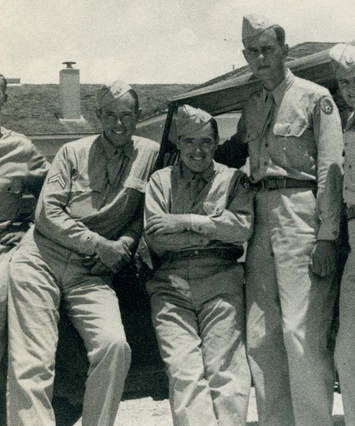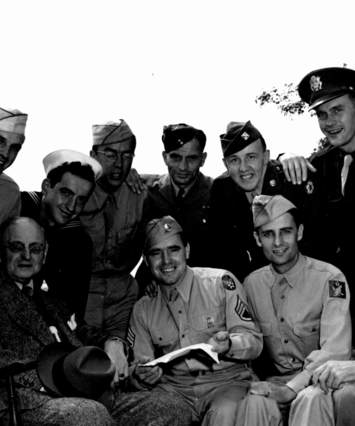At the age of twenty-two, as an unemployed shipyard worker, Duncan Corcoran encountered a revolutionary movement that was to transform his life. Born in Greenock, Scotland, on January 3, 1913, he grew up in poverty that was the norm for working class families. At fourteen, young Duncan left school and went to work as a message boy. This first work experience convinced him to join a union as soon as he got the chance. At sixteen he started an apprenticeship. During the worst three years of the Great Depression, apprentices only worked one week in a month. It was during periods of unemployment in October 1935 that Duncan was introduced to the Oxford Group (the precursor of Moral Re-Armament and Initiatives of Change), by a student at Glasgow University. He explained to Duncan that he and other students had decided to try to make a positive difference in the world, starting with a change in their own lives. They described a social revolution based on change in the lives of people. Duncan was immediately intrigued by the possibility that change in the attitudes and behavior of individuals could provide a basis for change in society. An alliance of workers and students emerged sharing a new vision for industry beyond class war. They met with local politicians, business people and the media, and two years later the group of young Scots was invited to help launch a program of moral re-armament in North America.
It was in America that Duncan linked up with Bill Jaeger, who had grown up in a working-class district in Stockport, England and had studied at a Baptist college in London. The Scot and the Englishman instantly bonded: the collaboration was to last sixty years. Returning to Europe after the war, Duncan linked up with Bill Jaeger and Gordon Wise, an Australian, and headed for Germany in support of Frank Buchman’s sustained effort to provide a moral and spiritual foundation for a reconciled Europe. At the time communism was reckoned to have an 80% hold on the key mining and steel area of the Ruhr.
While in the U.S. during the war years, Duncan got to know Lucy Davis, the daughter of a London businessman, who was also working with Moral Re-Armament. They were married in Los Angels in 1948. This union across traditional class lines produced three children: Robert, Ann, and Ian. Lucy wholeheartedly embraced Duncan’s vision for world labor.
He knew Lord George Robertson when he was a young member of parliament in Scotland and kept in touch as he served as Defense Secretary and then Secretary General of NATO. At his death Robertson wrote, “Duncan was quite a guy. He was a strong believer in what was right and a great correspondent. I always valued his opinion and advice. He leaves a formidable legacy.”

